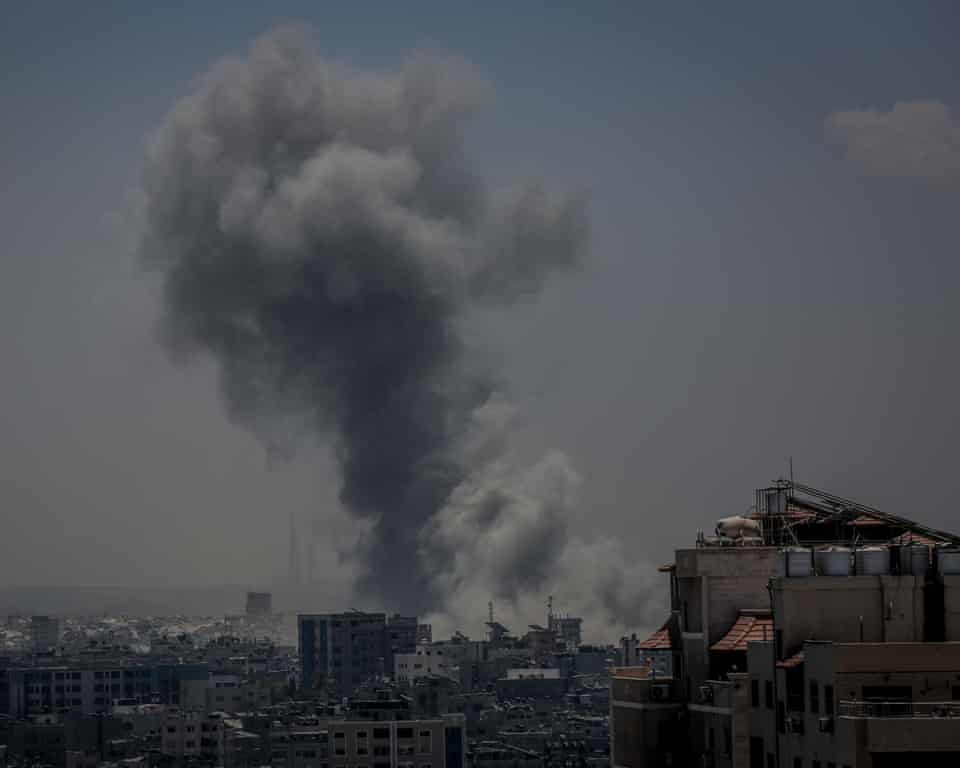The United States has withdrawn its negotiating team from ceasefire talks in Qatar, marking a significant setback in efforts to end the 21-month-long war in Gaza. The move follows a statement from Donald Trump’s special envoy, Steve Witkoff, who accused Hamas of lacking the will to reach an agreement.
“While the mediators have made a great effort, Hamas does not appear to be coordinated or acting in good faith,” Witkoff said on Thursday. “We will now consider alternative options to bring the hostages home and try to create a more stable environment for the people of Gaza.”
The abrupt withdrawal casts fresh doubt over the already fragile diplomatic process, which has been mediated by Qatar with limited progress. Israel has also recalled its negotiating team following Hamas’s latest response, effectively suspending the talks.
According to Haaretz, Israeli officials described the withdrawals as a coordinated move intended to apply pressure on Hamas. The decision comes despite mounting humanitarian desperation in Gaza, where the UN reports that Israeli forces have killed more than 1,000 people in recent weeks, many while attempting to retrieve food. At least 85 Palestinians were reportedly killed on Sunday alone.
The World Health Organization on Wednesday described the crisis as “man-made mass starvation” driven by strict limitations on aid deliveries.
In response to Witkoff’s remarks, Hamas said it was “surprised”, insisting its latest position had been welcomed by mediators and offered a viable path to a comprehensive agreement.
“The movement affirms its keenness to continue negotiations and engage in them in a manner that helps overcome obstacles and leads to a permanent ceasefire agreement,” Hamas said in a statement early Friday.
The proposed deal on the table had included a 60-day ceasefire during which Hamas would release 10 living hostages and the remains of 18 others in stages. In return, Israel would release Palestinian prisoners, increase humanitarian aid to Gaza, and engage in further negotiations towards a lasting truce.
However, talks have repeatedly stalled over key points of contention, chief among them, the redeployment of Israeli forces during a ceasefire. Israel is reportedly insistent on retaining control of the Netzarim and Philadelphi corridors, while also demanding the full disarmament and surrender of Hamas before the war is brought to an end.
Hamas, for its part, has signalled a willingness to step down from power under specific conditions but has not agreed to Israel’s terms in full.
Other unresolved issues include the identities of Palestinian prisoners to be released and the specific areas from which Israeli troops would withdraw during any pause in fighting.
Thursday’s development marks a stark contrast to earlier signals from the Trump administration, which had expressed cautious optimism about securing a breakthrough. The former president, now back in office, campaigned on promises to end America’s involvement in foreign wars and has pushed for a ceasefire deal in Gaza as part of that effort.
The last temporary ceasefire between Israel and Hamas, reached in January, collapsed in March after a surprise wave of Israeli airstrikes killed more than 400 people.
Now, with both sides stepping back from the table, and no clear “alternative options” outlined by the US, hopes for peace in Gaza appear to be fading once again.



